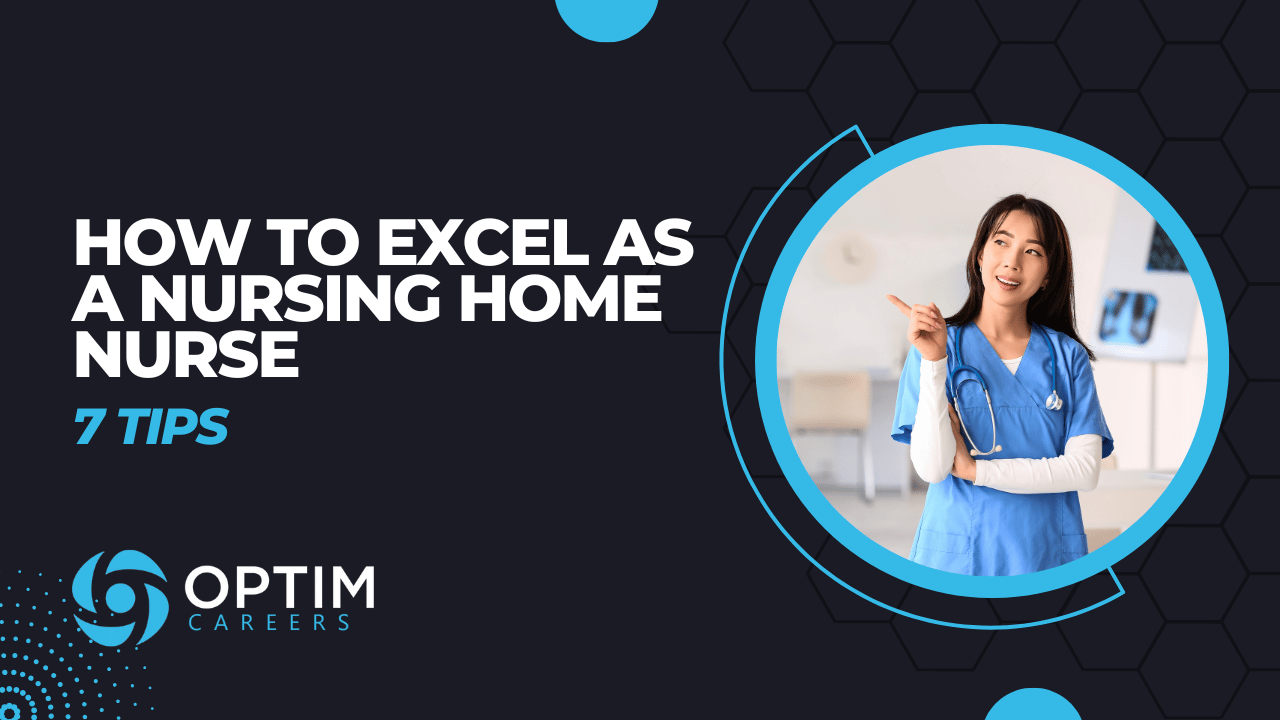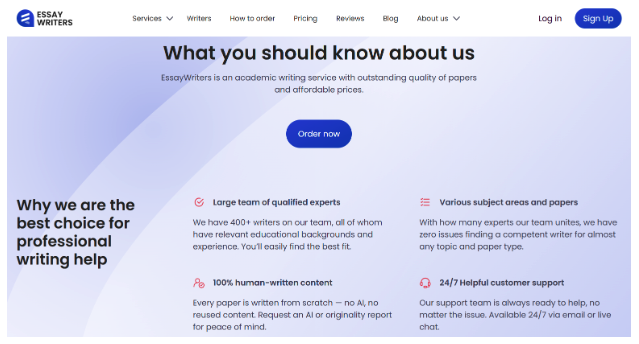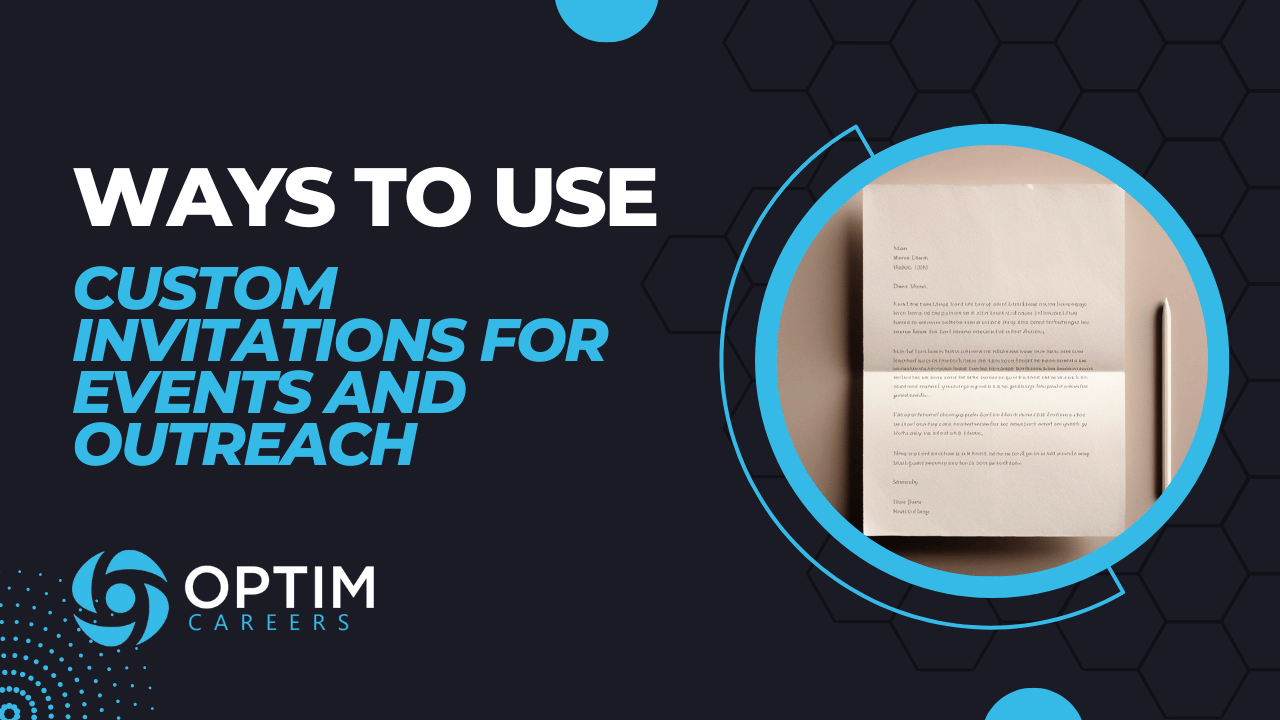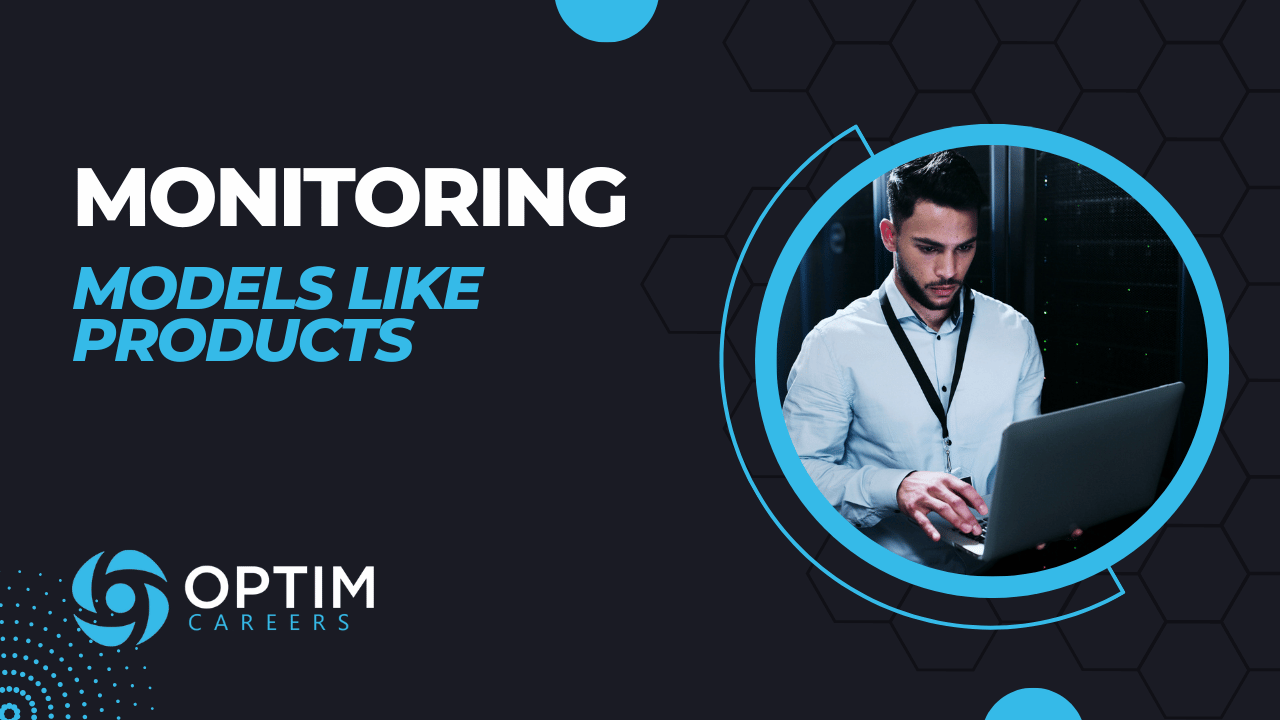Looking Forward to Speaking With You [Professional or Not?]
If you’ve been in the business world for any amount of time, you’ve probably heard this phrase. But have you ever stopped to question whether it’s correct or professional before you copy it and use it yourself?
Well, I have. And here are the answers.
Is it Correct to Say “Looking Forward to Speaking With You”
The short answer is yes, it is grammatically correct to say or write “Looking forward to speaking with you.” It is the shortened version of “I look forward to speaking with you.” Both are correct, but it is more commonly used in the shortened form. You could also say “I’m looking forward to speaking with you.”
Most people drop the I because it makes the phrase less formal and stuffy. Removing the I in the sentence makes it more casual which is called a situational ellipsis (if you want to geek out on grammar).
Looking Forward to Speak With You
This would technically be incorrect.
Look Forward to Speaking With You
This too is incorrect. It has to be looking because there is no infinitive marker with the phrase “look forward to speaking with you.” It is a prepositional phrase and “to” is the preposition which needs a direct object.
Is “Looking Forward to Speaking With You” Professional
Ok, so we’ve established that it’s grammatically correct, but is it professional enough for an interview? I believe it is. In fact, I also believe it’s better for two reasons.
First, it’s less letters and shorter. Shorter is always better in today’s business world.
Second, while it is less formal, that’s not a bad thing. We’re often taught to write formal in academia, but most of the business world doesn’t operate at a formally level. If anything, it’s become more casual over the years.
This phrase sounds less stuffy and formal, but it isn’t super casual either. There are more casual ways of saying this which I’ll talk about in a little bit.
Is It Better to Say “To You” or “With You”
Both looking forward to speaking with you and speaking to you are grammatically correct, but as one of my mentors used to say, words have meaning - choose them wisely. There are different connotations that each phrase holds.
With you is perceived as friendlier and gives the impression that you’re interested in having a conversation with the other person.
To you implies that you’re talking to someone as if you’re going to be the one doing all the talking.
Depending on where you live may also determine which one is appropriate. In the US, it is more common to use the phrase “with you.” In the UK, it is more common to say “to you.”
Why We Say “Looking Forward to Speaking With You”
If you’re not using this phrase in your emails or phone calls, consider adding it into your everyday language. In professional communication, this phrase shows your interest in continuing a conversation. It shows that you look forward to hearing what someone else has to say.
It’s appropriate to use before a job interview, a meeting, or a networking event.
If you’re invited for an interview, it’s common to close with, “Thank you for the opportunity to interview for this position. Looking forward to speaking with you about the job and my qualifications in more detail.”
If you’re following up on something (including a job), you might use it like this, “Thank you ahead of time for reviewing my resume and qualifications. Looking forward to speaking with you in the near future.”
And don’t forget if someone sends you this in an email, that is always a good sign because it shows they are interested in having a conversation with you and hearing what you have to say.
Looking Forward to Speaking With You Synonym
If you want to mix it up a bit or you simply don’t want to sound like everyone else using this phrase, here are some synonym phrases that mean the same thing.
Looking Forward to Hearing From You
This is slightly more casual than the original phrase, but still professional. It’s useful in thank you letters after an interview or if you’re expecting a reply from someone at the office.
Excited to Speak With You
I see this used more between work colleagues or in more casual situations like a coffee meeting. I wouldn’t use it in reference to a board meeting or anything like that, but you can still use it for follow-up messages and interviews. There’s nothing wrong with a message like this: “I really enjoyed hearing about your expectations for the Customer Success job and wanted to thank you for your time today. Excited to speak with you soon about next steps.”
Looking Forward to Meeting With You
If you’re meeting someone for the first time, this is an excellent substitute phrase. You might say, “I’ve heard such great things about your company. Looking forward to meeting you next Monday.”
Looking Forward to Our Conversation
This phrase implies that you’re looking forward to hearing the other person’s thoughts and that you expect the meeting to be collaborative rather than one-sided. It’s a great substitute phrase in any situation. It could be used like this, “Thanks for sending over this information ahead of our interview. Looking forward to our conversation on Monday.” That’s right, you don’t even have to call it an interview - call it a conversation and set the tone.
Can’t Wait for Our Chat
This is probably the most casual way to say you’re looking forward to speaking with someone. I wouldn’t use this unless it was a close colleague or team member. It’s much more friendly, but it’s also much more casual and it’s probably not appropriate for an interview. Use this when you’ve been working with someone for a while and you’ve developed some working relationships.
Looking Forward to Speaking With You Recommended Reading
Are You Using Thank You Notes Correctly?
Cole Sperry has been a recruiter and resume writer since 2015, working with tens of thousands of job seekers, and hundreds of employers. Today Cole runs a botique advisory firm consulting with dozens of recruiting firms and is the Managing Editor at OptimCareers.com.










